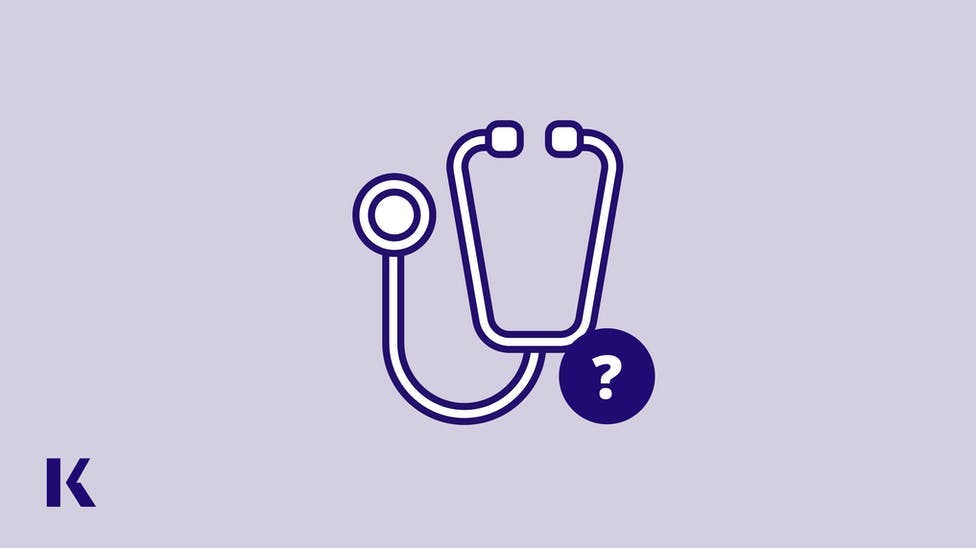Unlocking Potential: Virtual Simulation in Nursing Education
by Maria M. Ojeda, DNP-PhD, MPH, BA, ARNP, RN, FNP-C, BC-ADM, Director of Nursing Research | January 23, 2025

The Cornerstone of Nursing Education
Clinical nursing education is the heart of any successful nursing program. As nurse educators, we know that practitioners need both knowledge and practical experience. Clinical rotations help students develop core patient care, collaboration, and communication skills, while also improving critical thinking and clinical judgment. Ultimately, this not only fulfills requirements mandated by regulatory bodies but, most importantly, ensures that graduates are able to support patient safety by recognizing and responding to potential risks.
Challenges and Solutions
Unfortunately, nursing programs face challenges in securing high-quality clinical sites due to faculty shortages, competition, and restrictions on the amount of hands-on patient care. One answer to this problem is incorporating simulation activities. Studies show that simulation can effectively replace up to 50% of clinical hours in undergraduate programs1.
Confidence and Competence: The Dynamic Duo
Clinical confidence is a student's belief in their knowledge and skills, while clinical competence is the ability to use that knowledge in a real-world setting.
Does Simulation Really Boost Confidence?
Recent research says yes! A review of 15 studies over 15 years found that simulation increases confidence in four key areas2:
- Clinical tasks
- Teamwork
- Community work
- Communication
Enhancing Confidence & Competence with Simulation: What does the evidence say?
- Tell a Story: Case-based simulation activities help students study health assessment, physical examination, and mental health nursing. A study out of China found that students using unfolding case studies had higher critical thinking skills and self-confidence3. Case-based learning boosts confidence by presenting those complex, real-world scenarios and letting students unravel the layers, just like they'll be doing in their future practice.
- Include Virtual Experiences: Virtual simulation provides students with the opportunity to develop their clinical reasoning and skills by responding to realistic situations presented on a computer screen using text, audio, illustrations, and animation. A 2019 study showed that virtual simulation improved students' knowledge, reasoning skills, and satisfaction4. Nursing students were divided into two groups, both using a case-based learning approach, but with one key difference: the experimental group had access to a virtual clinical simulator. The students who used the virtual simulator showed significantly greater improvements in knowledge, not just immediately after the lesson, but even two months later! These students also reported higher levels of satisfaction with their learning experience. It seems that immersive, interactive virtual simulations can really amp up engagement and enjoyment.
- Plan Carefully: Research suggests that virtual simulation can create a dynamic and effective learning environment. However, educators must be thoughtful about how they implement it. One study found that students who first used virtual simulation and then transitioned to high-fidelity mannequin-based simulation showed significant improvements in critical thinking and confidence compared to those who had the reverse order of experiences5. Therefore, faculty should carefully plan the integration of virtual simulation into their curriculum to best meet the needs of their students.
- Make it Convenient: A cohort study found that mobile clinical learning tools improved nursing students' competence and confidence6. Both second-year and third-year nursing students showed significant improvements in their overall nursing competence and confidence after their clinical rotations. The students who found the mobile tools useful showed even greater increases in their nursing competence. It seems that having digital resources at their fingertips and available at times that fit their busy schedules made a real difference in their learning and confidence.
Virtual simulation is a game-changer for nursing education. It not only improves clinical competence and confidence but also knowledge retention and satisfaction among undergraduate nursing students. But…
Does Virtual Simulation Work for Graduate Nursing Students?
At Kaplan Nursing, we explored that question by conducting a survey of over 55,000 graduate students7. The results showed that the vast majority (82.8%) felt more confident and competent after using Kaplan’s iHuman Patients® case-based virtual simulation product. The opportunity to apply knowledge and hone clinical reasoning skills in a safe, virtual environment translates to a real boost in self-assurance. This study highlights the potential of virtual simulation to not only enhance clinical confidence and competence but also to potentially impact academic success. As nurse educators, we're always looking for innovative ways to support our students, and this research provides compelling evidence for the value of virtual simulation in graduate nursing programs.
Looking Ahead
Virtual simulation isn't just for undergraduates!
Researchers should continue to explore how virtual simulation can contribute to advancing graduate nurses' clinical knowledge and performance on standardized certification exams. As nurse educators, let's embrace the power of virtual simulation to cultivate the next generation of new and advanced practice nurses.
References:
- Hayden, J. K., Smiley, R. A., Alexander, M., Kardong-Edgren, S., & Jeffries, P. R. (2014). The NCSBN National Simulation Study: A longitudinal, randomized, controlled study replacing clinical hours with simulation in prelicensure nursing education. JOURNAL OF NURSING REGULATION, 5(2).
- Alrashidi, N., Pasay an, E., Alrashedi, M. S., Alqarni, A. S., Gonzales, F., Bassuni, E. M., Pangket, P., Estadilla, L., Benjamin, L. S., & Ahmed, K. E. (2023). Effects of simulation in improving the self-confidence of student nurses in clinical practice: a systematic review. BMC Medical Education, 23(1), 815. https://doi.org/10.1186/s12909-023-04793-1
- Ma, C., & Zhou, W. (2022). Effects of unfolding case-based learning on academic achievement, critical thinking, and self-confidence in undergraduate nursing students learning health assessment skills. Nurse Education in Practice, 60, 103321. https://doi.org/https://doi.org/10.1016/j.nepr.2022.103321
- Padilha, J. M., Machado, P. P., Ribeiro, A., Ramos, J., & Costa, P. (2019). Clinical virtual simulation in nursing education: Randomized controlled trial. Journal of Medical Internet Research, 21(3), e11529. https://doi.org/10.2196/11529
- Park, S., Hur, H. K., & Chung, C. (2022). Learning effects of virtual versus high-fidelity simulations in nursing students: a crossover comparison. BMC Nursing, 21(1), 100. https://doi.org/10.1186/s12912-022-00878-2
- Egilsdottir, H., Heyn, L. G., Falk, R. S., Brembo, E. A., Byermoen, K. R., Moen, A., & Eide, H. (2023). Factors associated with changes in students' self-reported nursing competence after clinical rotations: a quantitative cohort study. BMC Medical Education 23, pp. 107-121. https://doi.org/10.1186/s12909-023-04078-7
- Doherty, C., & Ojeda, M. (2024, October 29th). Enhancing Clinical Confidence and Competence among Graduate Nursing Students Using Virtual Simulation. [Conference presentation abstract]. ANA Enterprise Research Symposium, New Orleans, LA, United States.

Dr. Maria M. Ojeda, the Director of Nursing Research at Kaplan North America, holds a dual doctorate (Doctor of Nursing Practice & Doctor of Philosophy) in Nursing, as well as a Master of Public Health and a Bachelor’s in Psychology. She has been involved in conducting Nursing and Healthcare research for approximately 27 years. She has designed both qualitative and quantitative studies, published in peer-reviewed journals, presented at professional conferences at the local, regional, and national levels, and served as a peer reviewer for several journals. She is licensed as a Family Nurse Practitioner in the State of Florida and as a Registered Nurse in Florida, Illinois, and Vermont. She holds certifications as a Family Nurse Practitioner and is also Board Certified in Advanced Diabetes Management. Her clinical experiences are in the areas of Medical/Surgical and Intensive Care nursing and Adult, Gerontological, and Occupational/Employee Health nurse practitioner. She has a total of 18 years of experience in Nursing education at the undergraduate and graduate levels, as well as in the development and presentation of professional continuing education courses.
